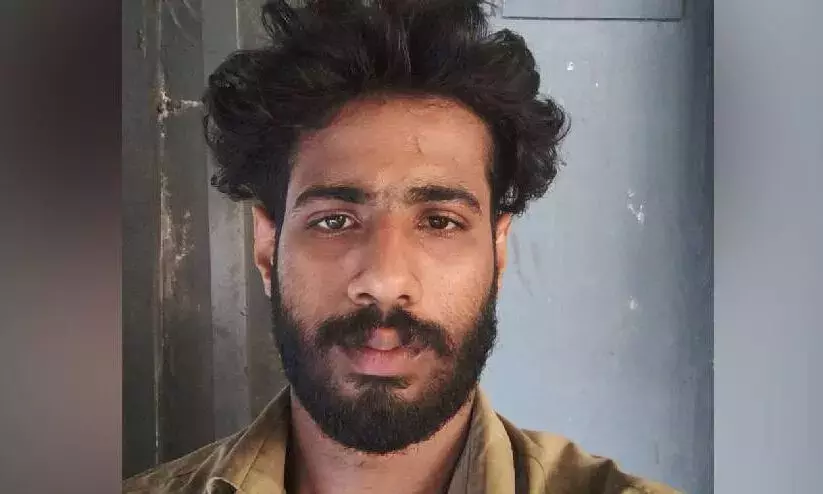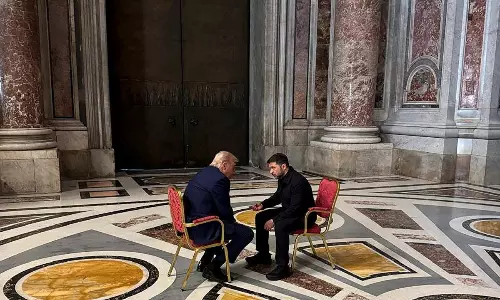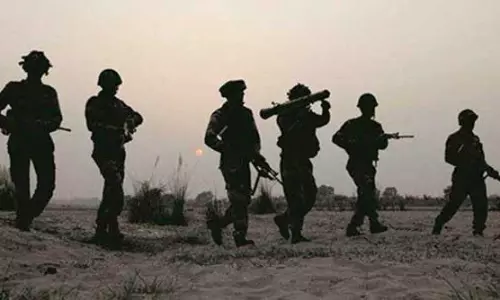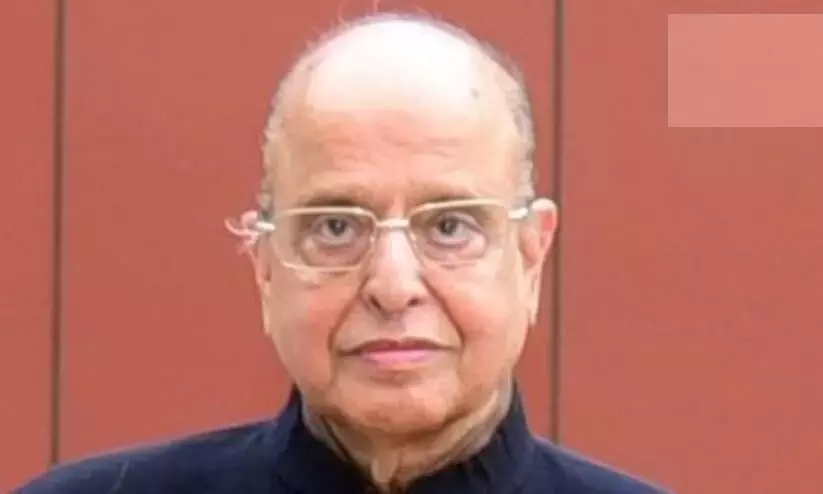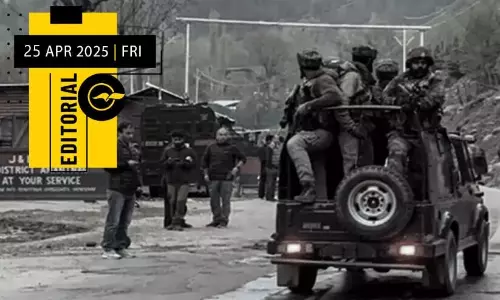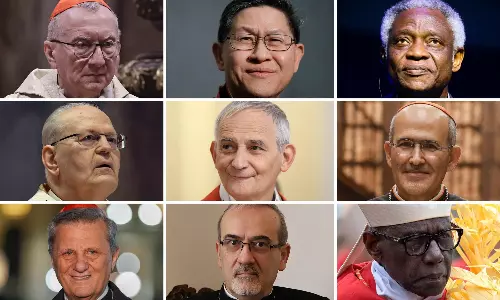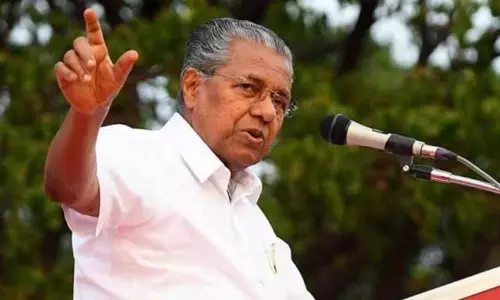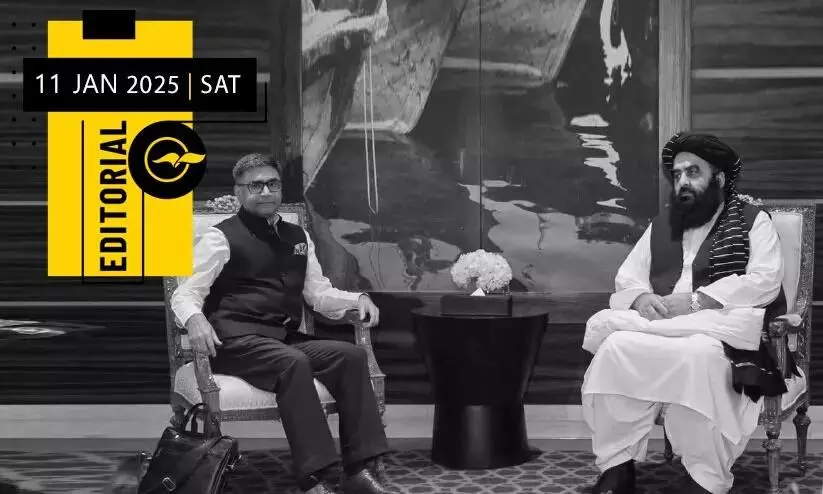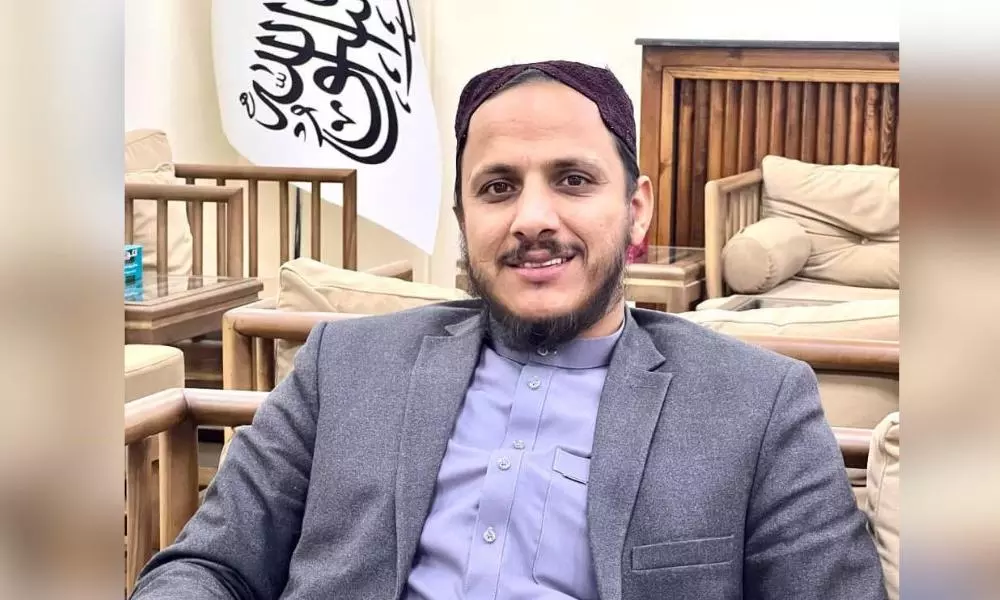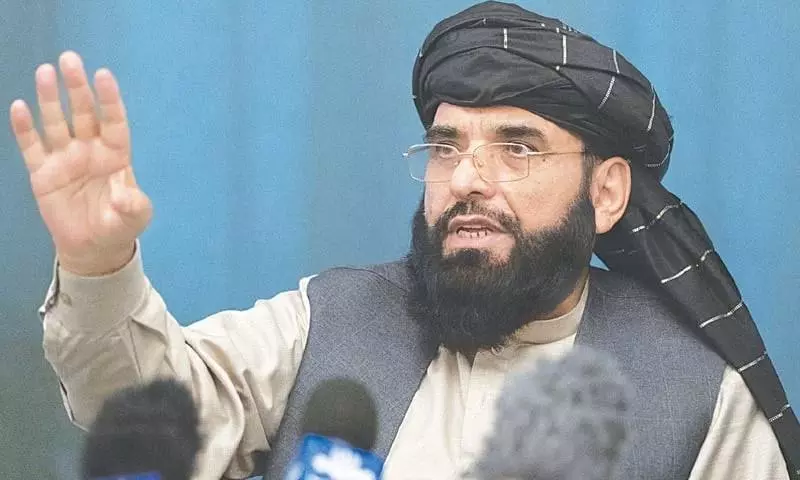
The India-Taliban talks
text_fieldsOn August 15, 2021, the Taliban forces completely captured Afghanistan and once again seized power in the country. On that day, with the Taliban capture of the capital, Kabul, President Ashraf Ghani had to flee to Tajikistan. Subsequently, a three-member interim coordination committee led by former President Hamid Karzai was given the responsibility of governance, and after 20 years, the country came under the control of the Taliban again. It can be said that this regime change marked the beginning of new political uncertainties. Two weeks later, something else happened: the last American soldier left Afghanistan, ending two decades of invasion. With the withdrawal of the entire US military, the Taliban spokesman Zabihullah Mujahid declared that the country had become an independent sovereign nation, and Afghanistan was completely under the Taliban. The withdrawal of the US military, which had invaded Afghanistan following the September 2001 terrorist attack in the United States, was generally welcomed, but many raised concerns about the future of that country under Taliban rule. Therefore, many countries were not ready to recognize the Taliban regime. India also initially distanced itself from the Taliban, citing similar concerns. However, later, there were some unofficial diplomatic talks at various stages; India also provided some assistance in the context of the earthquake that occurred in Afghanistan. Now, such discussions and cooperation have taken on an official character. Last Wednesday, for the first time, the two countries initiated formal diplomatic talks.
On Wednesday, a significant meeting took place between India and the Taliban in Dubai. India's Foreign Secretary, Vikram Misri, held talks with the Taliban's Foreign Minister, Amir Khan Muttaqi. Though India has not officially recognized the Taliban government even after three years of their rule, this meeting is being seen as a major development. Both sides have issued statements indicating that the discussions went beyond mere formalities. A wide range of topics, from humanitarian aid for the Afghan people to cricket, were discussed. The Indian Ministry of External Affairs, in a statement following the talks, said: "In response to Afghanistan's request, we will provide more food, medical supplies, and other essential items to help with the resettlement of refugees." Following the earthquake in Afghanistan, India had already sent 27 tons of relief materials to the Taliban. Additionally, India has previously provided 50,000 metric tons of grain, 300 tons of medicines, 40,000 litres of pesticides, 100 million doses of polio vaccine, 1.5 million doses of COVID-19 vaccine, and 11,000 units of kits for drug rehabilitation programs. Both countries have also agreed to cooperate in cricket. On the other hand, the Taliban has expressed its willingness to cooperate in improving economic and political relations. Following this, they have also requested India to grant visas to their students to study in India. India had previously allowed Afghan students to study in the country, and it is likely that this request will be granted under the current circumstances.
On August 30, 2021, the day the US military withdrew from Afghanistan, the Indian Ambassador to Doha, Deepak Mittal, and Taliban leader Sher Mohammad Abbas held a meeting. The discussion primarily focused on the safety of minorities and refugees in Afghanistan. Even then, India's public stance was to maintain a distance from the Taliban government. Subsequently, there were a few instances of talks between the two sides. In 2022, Joint Secretary of External Affairs, J.P. Singh, met with some Taliban leaders. It's now being speculated that India has shifted from its previous stance due to political reasons. This discussion is particularly significant as the Taliban government is at odds with Pakistan. Tensions between the two countries escalated when Pakistan accused the Afghan government of aiding the Tehreek-e-Taliban Pakistan (TTP), a terrorist group, along the border. Last month, Pakistan launched airstrikes targeting TTP bases along the Afghan border, further exacerbating the situation. Recently, China has been making efforts to strengthen ties with Afghanistan. The two countries have already reached agreements on various economic cooperation deals. Russia, on the other hand, removed the Taliban from its list of terrorist organizations following a parliamentary vote. President Putin's supportive statements towards the Taliban government also made headlines. Given that neighbouring countries and global powers have begun to recognize the Taliban government and establish closer ties with Afghanistan, the central government seems to have realized that continuing to isolate the country would be a diplomatic misstep. It's believed that India is hoping that through such friendly overtures, Afghanistan can be steered towards peace and democracy.








